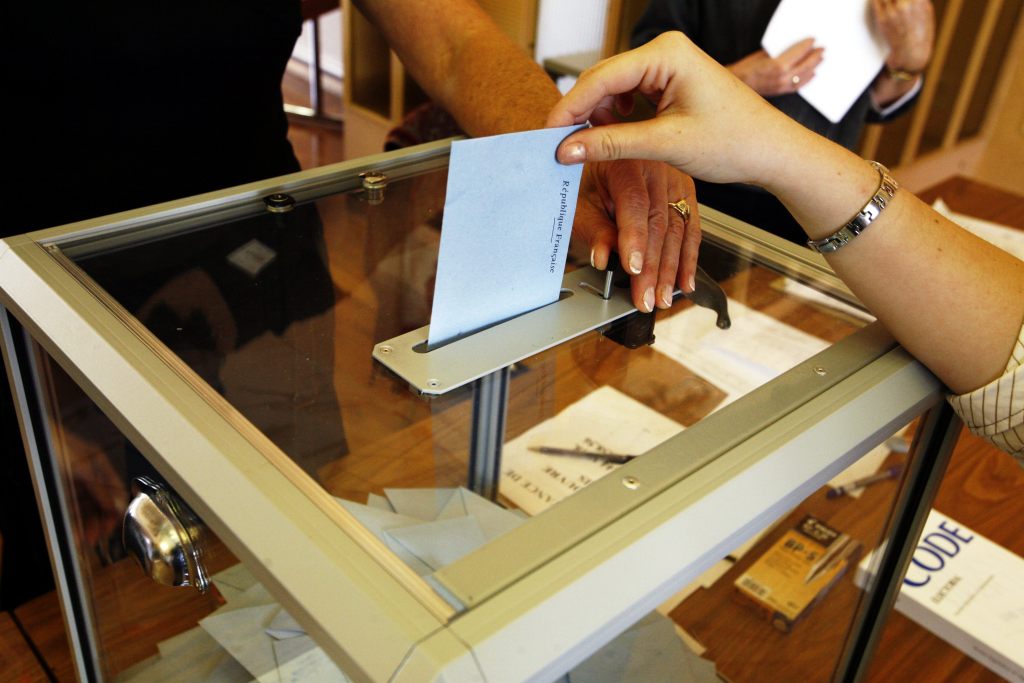Mass Deportation and Migrant Crime

This is a guest post by Mario J Cunningham M.
“Mass deportation now!” was the omnipresent motto of banners at the 2024 Trump rallies – replacing the “Build the wall!” of 2016. The re-election of Donald Trump, who openly ran on a mass deportation platform, represents a hard blow for all those concerned about migration justice. The hardening of anti-immigrant rhetoric is now understood as a mandate in the most prominent Western liberal democracy. How should we make sense of this? Paying attention to how this policy was marketed and the role “migrant crime” played in its success sheds light on an often-overlooked normative challenge migrant advocates need to come to terms with.
(more…)





